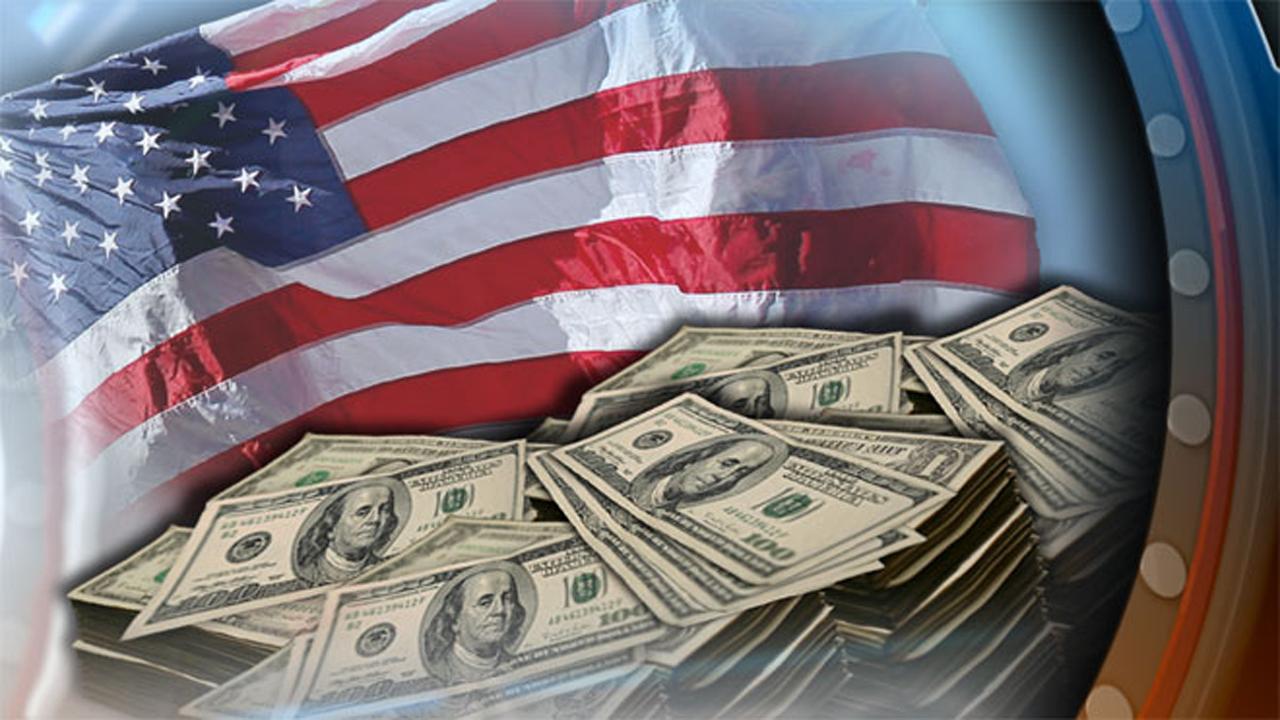Is Newark's big push towards universal basic income too expensive?
Newark, New Jersey Mayor Ras Baraka is the latest Democratic leader to flirt with the idea of universal basic income (UBI).
Last week, Baraka announced his decision to create a task force and pilot a program to study whether UBI would work in New Jersey’s largest city.
“We believe in Universal Basic Income, especially in a time where studies have shown that families that have a crisis of just $400 a month may experience a setback that may be difficult, even impossible to recover from,” said Baraka.
Baraka did not explain what portion of Newark’s 285,000 residents would benefit from the program or exactly how much each beneficiary would receive.
More than a quarter of Newark residents — 27.8 percent — live below the poverty line, according to the Census Bureau. The typical Newark household makes just $35,000 a year, less than half of the $75,000 average for the entire New York City metro area.
Last month Stockton, California became the first U.S. city to implement UBI.
In an attempt to reduce poverty, the city provided $500 prepaid debit cards to 130 adults living in the city’s lower-income neighborhoods. The recipients of the cash are able to spend the money on anything, with no rules or regulations.
Andrew Yang, a 2020 democratic presidential candidate, is also pushing the program to combat future automation of American jobs. Yang proposes funding UBI by consolidating some welfare programs and implementing a value-added tax of 10 percent.
Other countries and cities have also experimented with universal basic income. Both Finland and Ontario, Canada tried pilot programs but found them unsustainable, and ended them within two years.
Reason.com Managing Editor, Peter Suderman joined FBN’s "Kennedy" on Monday and explained why UBI often fails.
“Everybody who has tried these programs basically looks at them and says even if we like the idea this is too expensive, it doesn’t work and the evidence just isn’t there,” said Suderman.
CLICK HERE TO GET THE FOX BUSINESS APP
In Suderman’s opinion, replacing the entire social safety net with a universal check program would work better.
“Typically, they talk about paying people about $1,000 a month, $10-$15 thousand dollars a year,” he said. “If we just did that, that might be a better program than the mess of programs that we have right now, but that is not what anyone is talking about doing.”




















